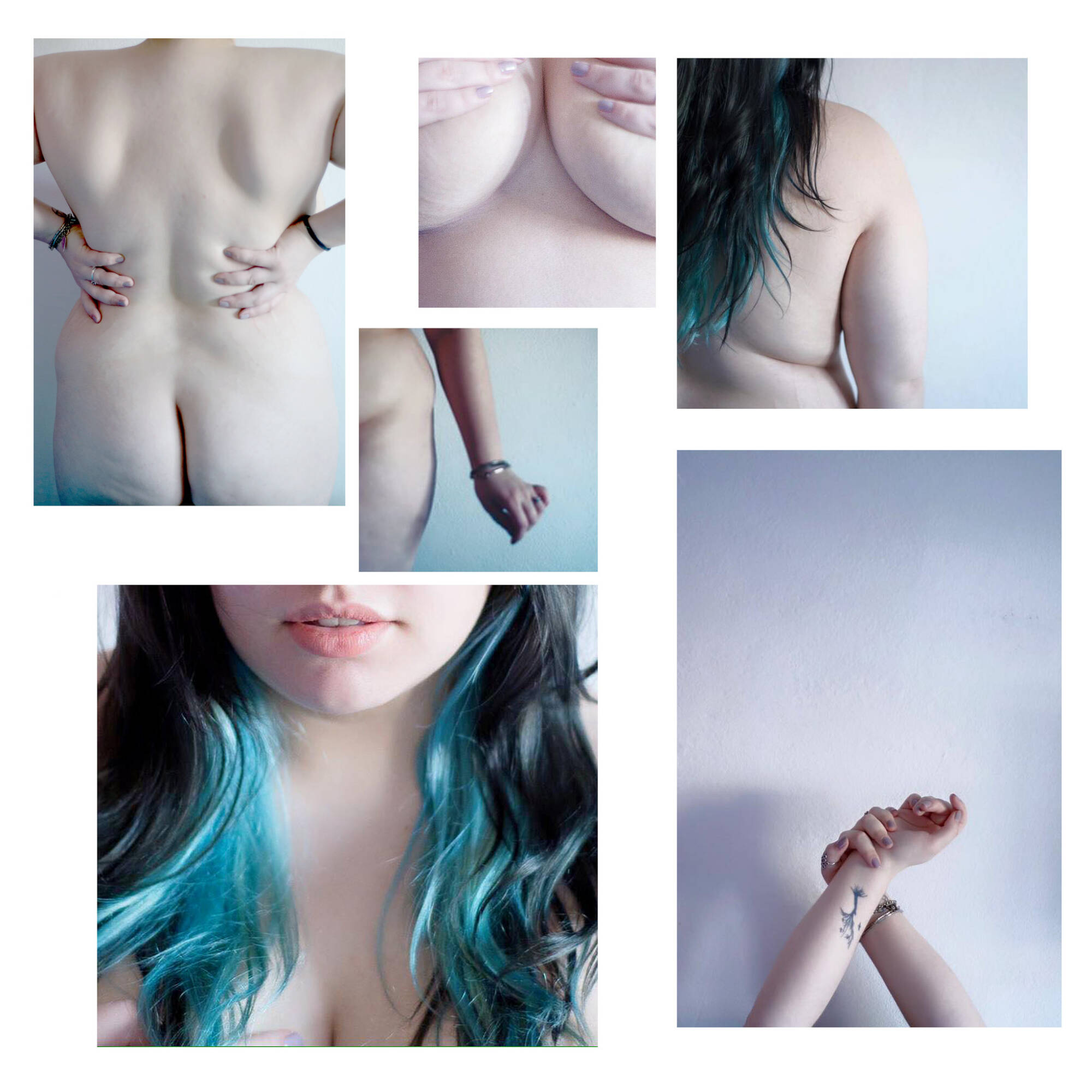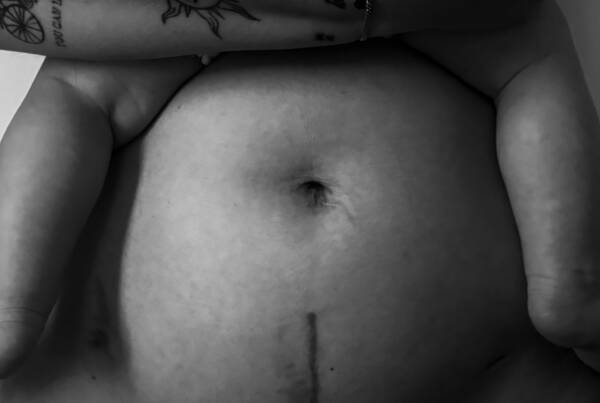Writing by Fabliha Anbar // Photograph by Luiza Anderle // It’s understandably hard to navigate and balance your own insecurities about your body that you just can’t help but have. But it’s important skinny folks change their perceptions and eliminating an equation that “fat equals ugly”.
Writing by Fabliha Anbar // Photograph by Luiza Anderle
“Ew! I feel so fat and ugly today”, my close friend says when she looks in the mirror. Her body is long and slim, curves around her hips and around her breasts. Other girls are envious of her body everywhere we go. Her Urban Outfitters’ jeans and striped turtleneck beautifully latches onto her skinny body. “I really need to lose weight”.
She turns around and plops on her bed. I look at myself, and see a much larger body in comparison to her. My Old Navy jeans tightening around my waist, creating a muffin top effect. My shirt clinging onto my stomach a bit too tight. “I’m much fatter than her… does she think I’m ugly?”, I ask myself.
I am the largest person in all of my friend groups. There are times when I express to my own friends that I’m feeling insecure about my outer appearance and weight. They’re always quick to comfort me saying, “I have a warm soul and a beautiful heart” or that I’m “beautiful on the inside”. But there are plenty of times when they look at their own bodies and say that they feel “ugly and fat”, in front of me. They constantly reassure me that I’m pretty “in their eyes” or that “I’m not fat”— even though we can both clearly see that I am. I knew in my heart that they didn’t have any malicious intentions against me, but it made me wonder if my own friends deep inside, whom I have valuable relationships with, do consider me ugly as well. The worst thing to them is actually ever looking like me, which is fat.
When it comes to body shaming, one’s immediate thought of it are frat boys with tank shirts and cargo shorts snickering when we order lunch, or troll comments on social media harassing bigger people and calling us “whales”. But body shaming is extremely complex with multi-faceted microaggressions. It’s not just creepy men with cheeto dust on their fingers living in their mother’s basement, preying on our Instagram posts. Sometimes, it’s our own friends. Shaming comes in all shapes and forms.
Of course, no one can help but have their own insecurities. It comes naturally and they’re out of our control. However, when thin folks say things such as “I feel fat” with negative undertones, they’re equating being bigger with ugliness. But fatness is not a feeling. And in reality, they’re not actually fat, despite how they view themselves. Using the word fat to replace hateful words such as ‘ugly’, ‘disgusting’, ‘unworthy’ or ‘unlovable’ creates an unhealthy relationship with ourselves, and instills a cycle of abuse with others. Cora Harrington, founder of The Lingerie Addict spilled all the tea on a Twitter thread explaining that “You don’t have to ‘feel thin’ to have thin privilege. If other people perceive you as thin, you are thin. If you are able to walk into any clothing store and expect to see a wide range of options in your size, you are thin.”
Wait…what is thin privilege? It’s when thin people earn benefits for having a smaller body. That includes:
- Being able to easily find a variety of clothes in your size in department stores.
- Not having people make assumptions that you’re lazy, sloppy, unprofessional and slow because of your weight.
- Being able to eat whatever you want anywhere without people judging you.
- More chances to receive a promotion or raise at work than your fatter coworkers.
Thin shaming is a reality for lots of folks too. Having thin privilege doesn’t negate the racial, gender, etc. discrimination one receives, but they still gain benefits due to their body type. It doesn’t disregard their struggles with their body size. However, thin people are not discriminated against societally nor do they receive prejudice. They are not seen as a target in comparison to those with larger bodies. Thinner bodies are normalized.
It’s understandably hard to navigate and balance your own insecurities about your body that you just can’t help but have. But it’s important skinny folks change their perceptions and eliminating an equation that “fat equals ugly”. Identify how you view the word “fat” as well as how you perceive fat bodies and question yourself why you think it’s such an awful word. When you’re around your fatter friends, become more conscious of what you’re saying because your own insecurities are probably extremely detrimental to your fat loved ones. Acknowledge the privilege you hold, and hopefully you’ll find freedom in your body and finally view your friends as beautiful just the way they are.







